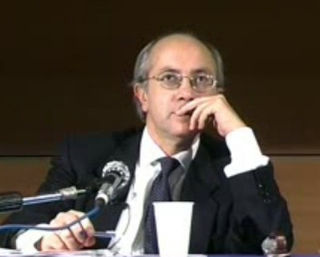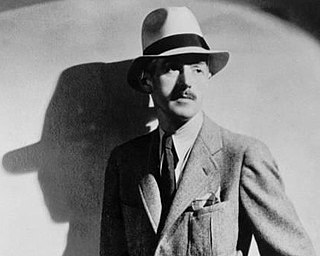A Quote by Immanuel Kant
There is something splendid about innocence; but what is bad about it, in turn, is that it cannot protect itself very well and is easily seduced.
Related Quotes
Poets seem to write more easily about love than prose writers. For a start, they own that flexible ‘I’…. Then again, poets seem able to turn bad love – selfish, shitty love – into good love poetry. Prose writers lack this power of admirable, dishonest transformation. We can only turn bad love into prose about bad love. So we are envious (and slightly distrustful) when poets talk to us of love.
You gotta not care about what people think in general about you. I'm not talking about bad stuff, if you're a nasty person, because I don't consider myself a mean person, I consider that I know what i want and I'm tough. But I'm very emotional and un-tough on a lot of levels, I cry very easily, I'm sensitive and I don't think that's a bad thing.
It is more important that innocence be protected than it is that guilt be punished, for guilt and crimes are so frequent in this world that they cannot all be punished. But if innocence itself is brought to the bar and condemned, perhaps to die, then the citizen will say, "whether I do good or whether I do evil is immaterial, for innocence itself is no protection," and if such an idea as that were to take hold in the mind of the citizen that would be the end of security whatsoever.
If you think about it, just the psychology of the superhero is, 'Because I can, I should protect people, and I should put bad guys away, and I should defend society.' But you're forming your own justice. There's no judge and jury here: you are it. That, in and of itself, is a very complicated way of looking at morality.
When a man's partner is killed he's supposed to do something about it. It doesn't make any difference what you thought of him. He was your partner and you're supposed to do something about it. Then it happens we were in the detective business. Well, when one of your organization gets killed it's bad business to let the killer get away with it. It's bad all around-bad for that one organization, bad for every detective everywhere. Sam Spade







































